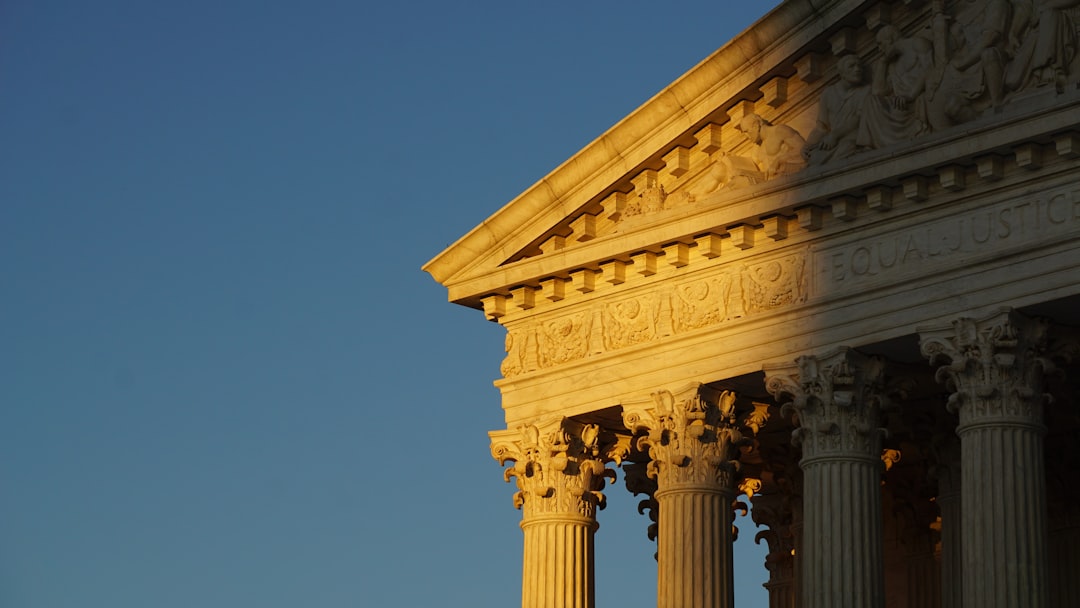
When police do their jobs and do it correctly, I think they should get some kind of protection from lawsuits. We live in a litigious society these days and people d…
Keep reading with a 7-day free trial
Subscribe to Tilting At Windmills to keep reading this post and get 7 days of free access to the full post archives.

